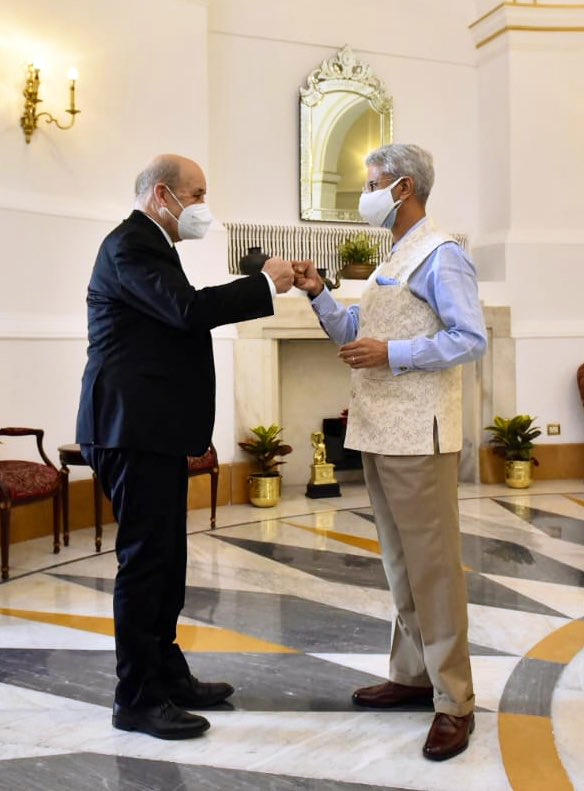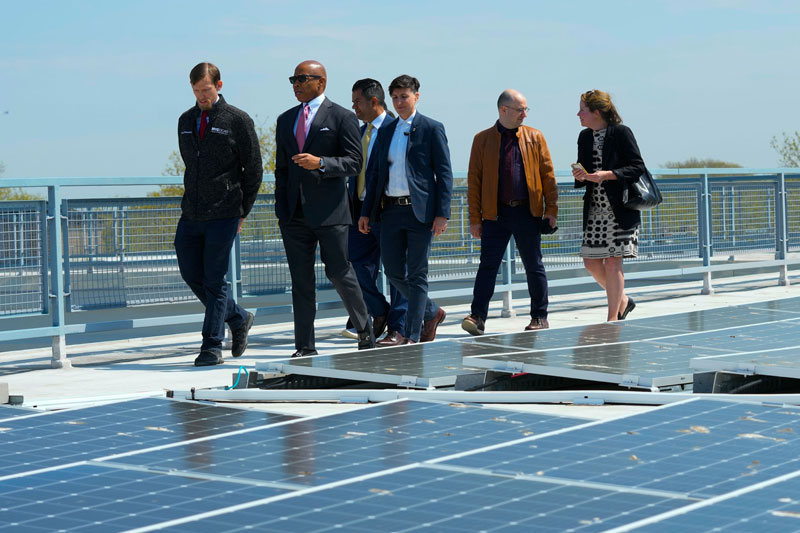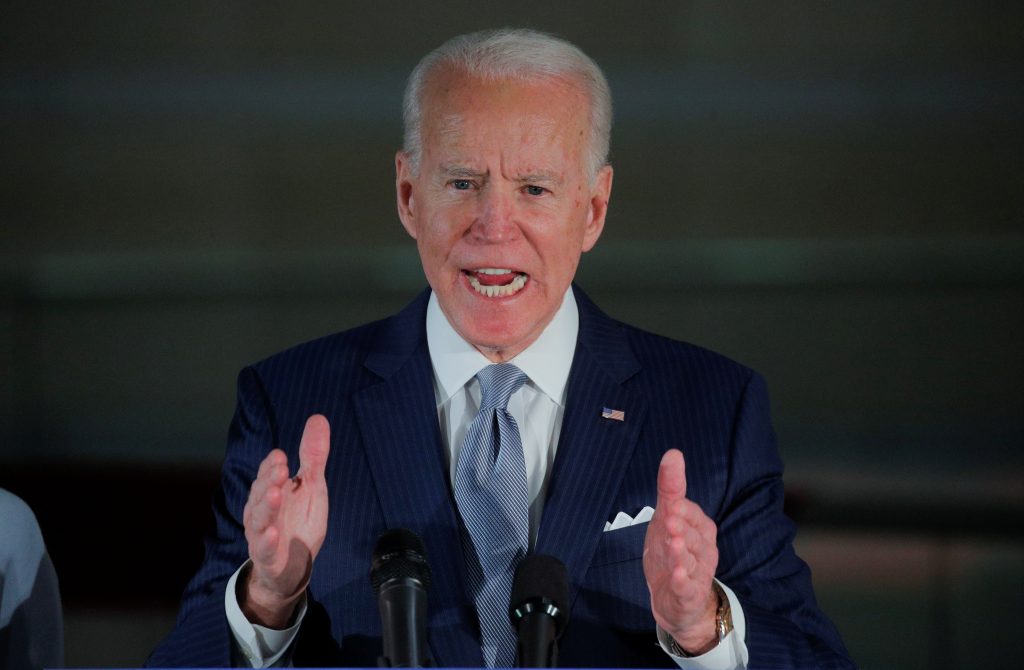China is trying to sow dissensions within the EU by promoting the 17+1 initiative
Ashok Sajjanhar
The 16th India-European Union (EU) Summit meeting will take place in Porto, Portugal on May 8, 2021. Prime Minister Narendra Modi will get an opportunity to interact with leaders of all 27 EU Member States and also confer with Charles Michel, President of the European Council, as well as Ursula von der Leyen, President of the European Commission.
Both India and the EU have been keen to maintain the momentum in their bilateral interactions, despite the challenges posed by the pandemic. The two sides, for instance, met in a virtual format in July 2020. India-EU interactions have taken place in the context of a challenging geo-political situation due to the rise of China on one hand and the decline of multilateralism, on the other. While these dynamics were present even before the onset of the pandemic, they have witnessed a sharp acceleration as a result of the pandemic.
The EU is India’s largest trading partner and largest investor in India. One of the most significant areas that both sides should focus on is to unblock the discussions on the Bilateral Trade and Investment Agreement, which was launched at the 7th India-EU Summit held at Helsinki in 2006. Both sides had agreed on an ambitious target to complete the negotiations by 2009.
It is reported that the two sides are considering entering into a mini-trade deal to pluck some of the low-hanging fruits while continuing discussions on a comprehensive trade agreement. This would appear to be the prudent approach at this stage when the appetite for taking ambitious and bold decisions on both sides would be limited.
The EU could consider creating an EU-wide Indo-Pacific approach, which is progressive and forward looking. If it is not possible, countries that have significant interests in peace and security in the region could get actively associated with the deliberations to enhance cooperation on common objectives. Countries like France (and even the UK, although it is not formally part of the EU), for instance, could get associated with Quad activities in a formal or an ad-hoc manner. This would provide greater substance to the desire and aspiration of the EU to become a geo-political entity of standing.
China’s aggression against India that led to the loss of lives at Galwan and the amassing of troops and military equipment on the Indo-Tibetan border in violation of agreements signed by it, its threatening posture against Japan, repeated violations of air defence identification zone (ADIZ) of Taiwan, apart from its flagrant violation of human rights in East Turkistan (Xinjiang), Tibet, Hong Kong, and South Mongolia, stand out.
China’s muscle-flexing in the South China Sea by occupying and militarising islands and the Exclusive Economic Zone (EEZ) belonging to other littoral States in violation of international law, its so-called ‘wolf-warrior’ diplomacy, and proclaiming a charter of 14 demands vis-à-vis Australia, are elements of its increasing belligerent behavior that should rile India and the EU, who are strongly in favour of a rules-based international order.
China has been trying to spread the false narrative that its system has been eminently successful in dealing with the health and economic crises unleashed by the pandemic while democracies have failed miserably at handling it. This is even as China has tried to hide details of the coronavirus outbreak when it first erupted in Wuhan in November 2019 and subsequently did not accept responsibility for its acts of commission and omission in this regard.
It is disquieting that China has been trying to sow dissensions within the EU by promoting the 17+1 initiative, focusing on the central and the eastern European countries. The conclusion of the Comprehensive Agreement on Investment on the last day of the German Presidency on December 30, 2020 has sent confusing signals to the world about the EU’s interest and commitment to push back against Chinese authoritarian policies. This is seen by several analysts as an attempt by China to create fissures in the transatlantic partnership.
India and the EU, with 1.3 billion and 450 million people respectively, are the largest democratic spaces in the world and natural allies, who adhere to and promote rule of law, within their own territories and in the world. India and the EU stand on the threshold of an opportunity to ramp up their engagement to promote peace, security and prosperity domestically, regionally and globally.
Ashok Sajjanhar is President, Institute of Global Studies, and a former Ambassador of India to Kazakhstan, Sweden and Latvia.
Views expressed are of the author and do not necessarily reflect the views of the Manohar Parrikar IDSA or of the Government of India.
This is the abridged version of the article which appeared first in the Comment section of the website (www.idsa.in) of Manohar Parrikar Institute for Defense Studies and Analyses, New Delhi on March 31, 2021


























